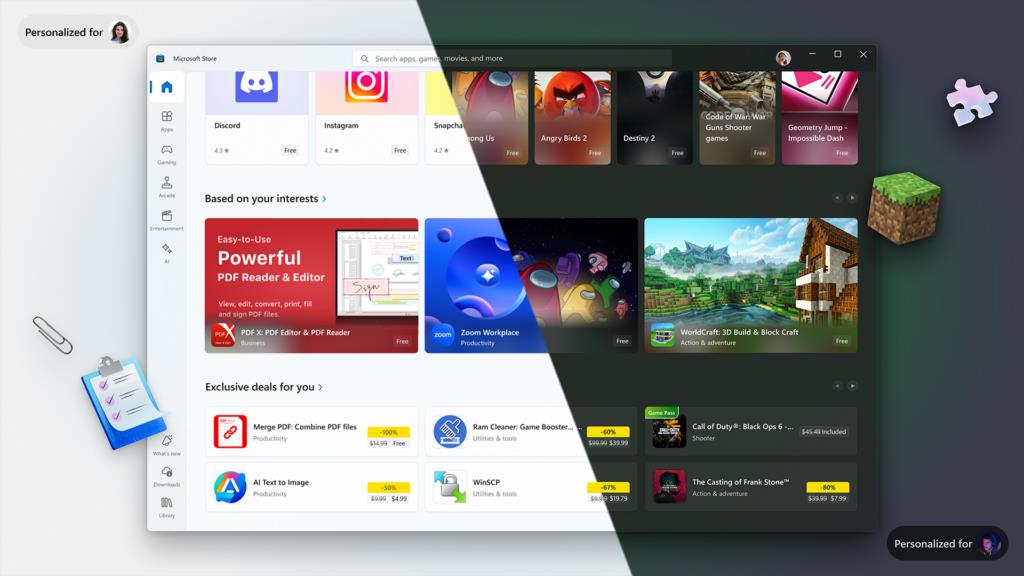What a Professional Organizer Can Teach Developers About Decluttering Digital Workspaces
Digital clutter might not pile up on your floor, but it can weigh just as heavily on your productivity. For developers juggling complex codebases, multiple tools, and an avalanche of tabs, even a seemingly invisible mess can lead to stress, lost focus, and decreased performance. Interestingly, the solution to a cleaner, more effective workflow might come from an unexpected source — the practices of a professional organizer. While professional organisers typically focus on physical spaces like homes and offices, the underlying principles they apply can work just as well in your digital environment. In fact, applying these same organising strategies to your workflow may help you regain control over your virtual workspace and streamline your day-to-day as a developer. Let’s explore how tried-and-tested organising techniques can lead to a cleaner dev life — online and off. Understanding the Professional Organizer’s Approach A professional organizer brings systems, structure, and logic to clutter. It’s not just about making things look tidy — it’s about creating an efficient, low-effort system that supports the way someone lives or works. Sound familiar? That’s essentially what developers aim for when they refactor code, clean up repositories, or build tools to automate repetitive tasks. Here are a few core principles of professional organising that translate well to the digital world: Everything Has a Place In a well-organised kitchen, utensils, pantry goods, and cookware all have designated spots. In your digital world, this could mean standardised folder structures, consistent naming conventions, and categorised bookmarks. When you apply this philosophy to your projects, you spend less time hunting for files, less energy remembering naming schemes, and more time actually building. It’s about making retrieval frictionless and predictable. Less Is More Professional organisers often preach the importance of decluttering — removing things that don’t serve a current purpose. For devs, this might mean getting rid of deprecated files, unused dependencies, or old builds sitting in your download folder. Working with fewer tools or keeping only your essential tabs open can reduce decision fatigue and promote deeper focus. One Dev.to article on boosting productivity explores this idea well: a clean work environment mirrors a clean mind, whether digital or physical. Regular Maintenance Beats Big Cleanups Instead of letting things pile up and doing an occasional “spring clean,” professional organisers often recommend a weekly tidy-up or review. For developers, this could translate to regular file audits, clearing your downloads folder, reviewing old issues, or cleaning up branches in Git. Just like maintaining a clutter-free home takes consistency, keeping your digital space tidy needs small, frequent effort — not major overhauls every quarter. Bringing Professional Organising Principles to Dev Workflows Now that we understand the overlap between physical and digital clutter, let’s explore how these organising principles can improve the way you work. Organise Project Files Like a Storage System Your development environment, local storage, and cloud-based repositories can benefit from being treated like a labelled storage shelf. Create a clear, intuitive structure that’s easy for you (and others) to navigate. That might include: Prefixing or suffixing project folders by year Using hyphens or underscores consistently Avoiding vague folder names like “misc” or “old_stuff” This also applies to your IDE setup. Keep your workspace focused on the active task — too many windows, terminals, or tabs can quickly become disorienting. Clean Code Is Clean Thinking Much like how a cluttered room can make it hard to think, messy code makes it harder to solve problems. A well-organised codebase reduces onboarding time for teammates and lowers the cognitive load when switching contexts. Professional organisers often encourage building systems that "explain themselves" — which aligns with clean code principles many developers already follow. Think of a readable function like a well-labelled drawer. Audit Your Tools and Processes Over time, it’s easy to accumulate digital baggage: extra browser extensions, unused SaaS subscriptions, or outdated dependencies. Do a quarterly audit: Which tools haven’t you used in the past month? Are you paying for features you don’t use? Are there lightweight alternatives? You’ll likely feel more efficient just by cutting out the noise. Automate Where Possible Professional organisers love a good system, and devs love automation. Use scripts, plugins, or services like Hazel (for macOS) or Zapier to automate repetitive clean-up tasks. This could include: Archiving completed projects Backing up important files weekly Auto-clearing screenshots or temp files Automation reinforces organisation habits without needing daily manual eff

Digital clutter might not pile up on your floor, but it can weigh just as heavily on your productivity. For developers juggling complex codebases, multiple tools, and an avalanche of tabs, even a seemingly invisible mess can lead to stress, lost focus, and decreased performance. Interestingly, the solution to a cleaner, more effective workflow might come from an unexpected source — the practices of a professional organizer.
While professional organisers typically focus on physical spaces like homes and offices, the underlying principles they apply can work just as well in your digital environment. In fact, applying these same organising strategies to your workflow may help you regain control over your virtual workspace and streamline your day-to-day as a developer.
Let’s explore how tried-and-tested organising techniques can lead to a cleaner dev life — online and off.
Understanding the Professional Organizer’s Approach
A professional organizer brings systems, structure, and logic to clutter. It’s not just about making things look tidy — it’s about creating an efficient, low-effort system that supports the way someone lives or works. Sound familiar? That’s essentially what developers aim for when they refactor code, clean up repositories, or build tools to automate repetitive tasks.
Here are a few core principles of professional organising that translate well to the digital world:
Everything Has a Place
In a well-organised kitchen, utensils, pantry goods, and cookware all have designated spots. In your digital world, this could mean standardised folder structures, consistent naming conventions, and categorised bookmarks.
When you apply this philosophy to your projects, you spend less time hunting for files, less energy remembering naming schemes, and more time actually building. It’s about making retrieval frictionless and predictable.
Less Is More
Professional organisers often preach the importance of decluttering — removing things that don’t serve a current purpose. For devs, this might mean getting rid of deprecated files, unused dependencies, or old builds sitting in your download folder.
Working with fewer tools or keeping only your essential tabs open can reduce decision fatigue and promote deeper focus.
One Dev.to article on boosting productivity explores this idea well: a clean work environment mirrors a clean mind, whether digital or physical.
Regular Maintenance Beats Big Cleanups
Instead of letting things pile up and doing an occasional “spring clean,” professional organisers often recommend a weekly tidy-up or review. For developers, this could translate to regular file audits, clearing your downloads folder, reviewing old issues, or cleaning up branches in Git.
Just like maintaining a clutter-free home takes consistency, keeping your digital space tidy needs small, frequent effort — not major overhauls every quarter.
Bringing Professional Organising Principles to Dev Workflows
Now that we understand the overlap between physical and digital clutter, let’s explore how these organising principles can improve the way you work.
Organise Project Files Like a Storage System
Your development environment, local storage, and cloud-based repositories can benefit from being treated like a labelled storage shelf. Create a clear, intuitive structure that’s easy for you (and others) to navigate. That might include:
- Prefixing or suffixing project folders by year
- Using hyphens or underscores consistently
- Avoiding vague folder names like “misc” or “old_stuff”
This also applies to your IDE setup. Keep your workspace focused on the active task — too many windows, terminals, or tabs can quickly become disorienting.
Clean Code Is Clean Thinking
Much like how a cluttered room can make it hard to think, messy code makes it harder to solve problems. A well-organised codebase reduces onboarding time for teammates and lowers the cognitive load when switching contexts.
Professional organisers often encourage building systems that "explain themselves" — which aligns with clean code principles many developers already follow. Think of a readable function like a well-labelled drawer.
Audit Your Tools and Processes
Over time, it’s easy to accumulate digital baggage: extra browser extensions, unused SaaS subscriptions, or outdated dependencies. Do a quarterly audit:
- Which tools haven’t you used in the past month?
- Are you paying for features you don’t use?
- Are there lightweight alternatives?
You’ll likely feel more efficient just by cutting out the noise.
Automate Where Possible
Professional organisers love a good system, and devs love automation. Use scripts, plugins, or services like Hazel (for macOS) or Zapier to automate repetitive clean-up tasks.
This could include:
- Archiving completed projects
- Backing up important files weekly
- Auto-clearing screenshots or temp files
Automation reinforces organisation habits without needing daily manual effort.
Don’t Forget the Physical Workspace
Even though developers spend most of their time in virtual environments, the physical space you occupy still matters — especially if you work remotely. A cluttered desk can quietly affect your concentration and mood throughout the day.
If you’re based in Sydney’s Northern Beaches and struggling to bring order to your physical space, consider reaching out to a professional organizer Northern Beaches who may assist in setting up a home office that supports productivity, calm, and focus. The goal is to align your digital and physical environments so both are working with you — not against you.
Digital Organisation Tools Inspired by the Experts
Professional organisers often rely on containers, labels, and systems. In the digital space, your equivalents may include:
- Notion or Trello for task tracking and project planning
- Alfred or Raycast for quick app/file launching
- Todoist for list-based task management
- VS Code extensions to streamline coding environments — see this roundup of 20 useful VS Code extensions
None of these tools will work unless you commit to using them consistently. Organisation isn’t just about setup — it’s about routine.
Final Thoughts
Being a developer often means dealing with information overload, tight deadlines, and constant context switching. These pressures can be amplified by messy workflows and disorganised environments.
Fortunately, the mindset and methods of a professional organizer can be applied to digital life. Whether it’s structuring your folders, reducing tool bloat, or setting up daily routines, these small changes may help improve your clarity and performance.
And when your workspace — physical or digital — is streamlined, it frees up more energy for the thing you actually want to do: build great software.






















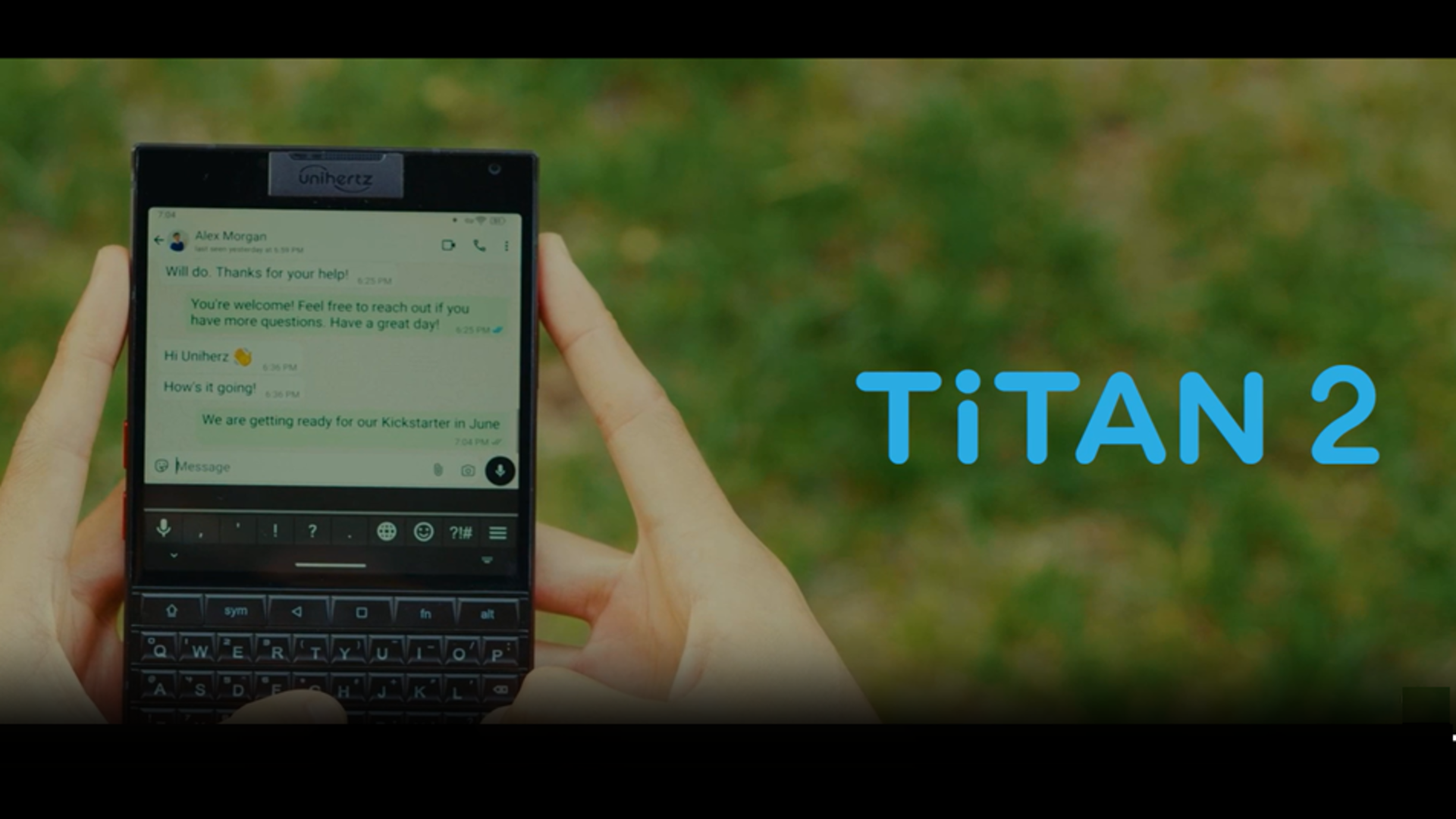






































_.png)
















































































































![[The AI Show Episode 151]: Anthropic CEO: AI Will Destroy 50% of Entry-Level Jobs, Veo 3’s Scary Lifelike Videos, Meta Aims to Fully Automate Ads & Perplexity’s Burning Cash](https://www.marketingaiinstitute.com/hubfs/ep%20151%20cover.png)











































































































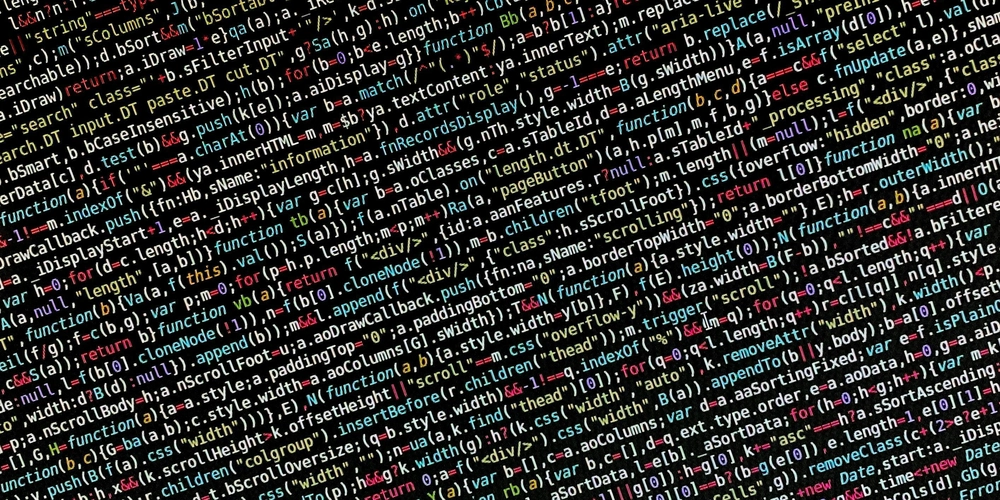
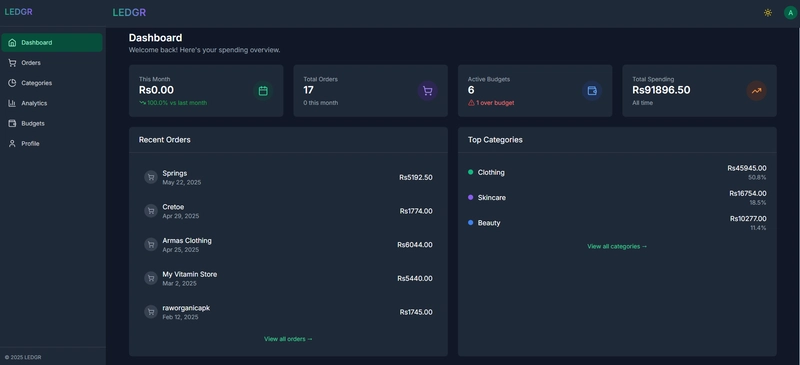











![[FREE EBOOKS] Solutions Architect’s Handbook, Continuous Testing, Quality, Security, and Feedback & Four More Best Selling Titles](https://www.javacodegeeks.com/wp-content/uploads/2012/12/jcg-logo.jpg)





![From electrical engineering student to CTO with Hitesh Choudhary [Podcast #175]](https://cdn.hashnode.com/res/hashnode/image/upload/v1749158756824/3996a2ad-53e5-4a8f-ab97-2c77a6f66ba3.png?#)






































































































































_Michael_Vi_Alamy.jpg?width=1280&auto=webp&quality=80&disable=upscale#)





































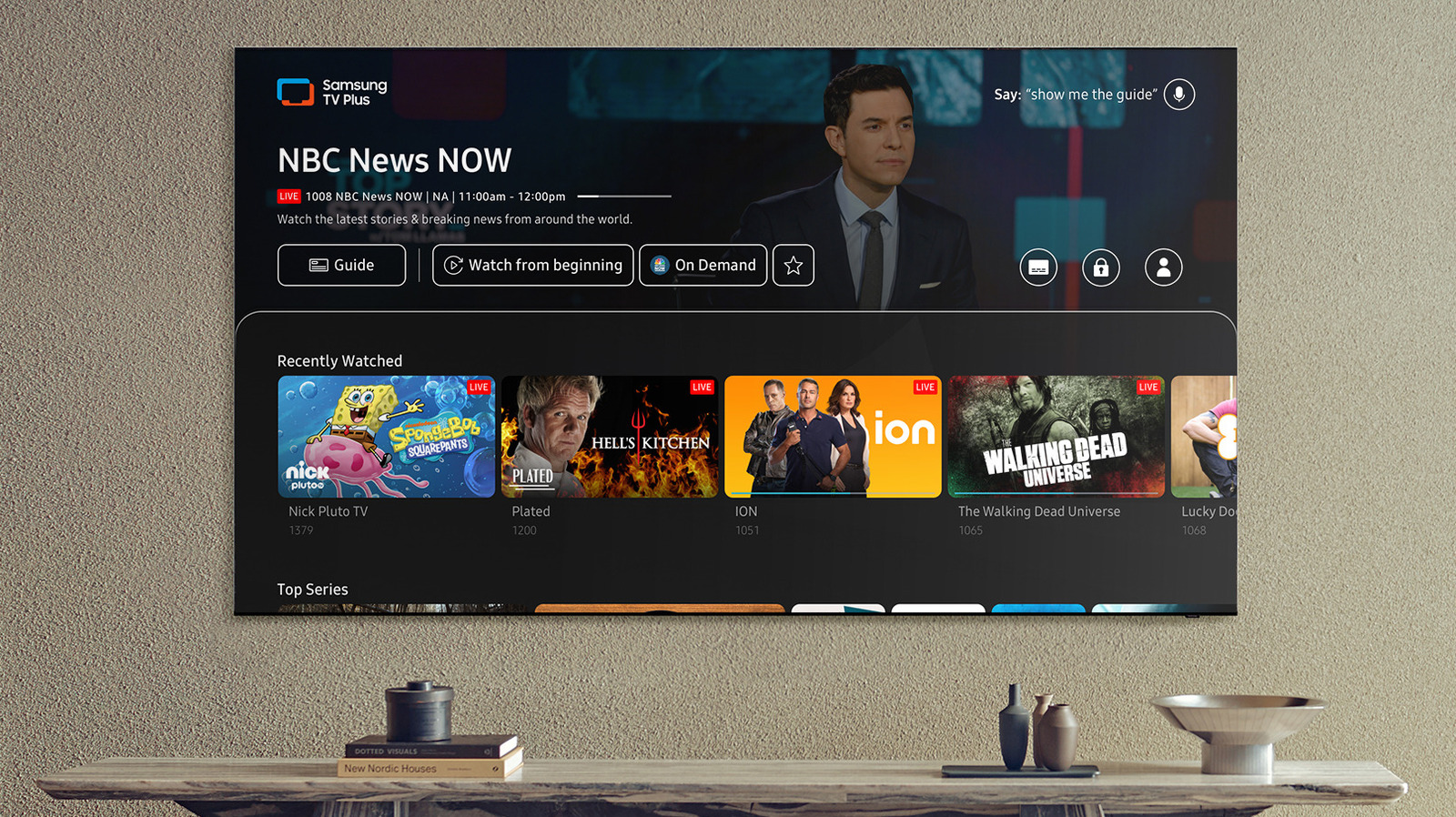














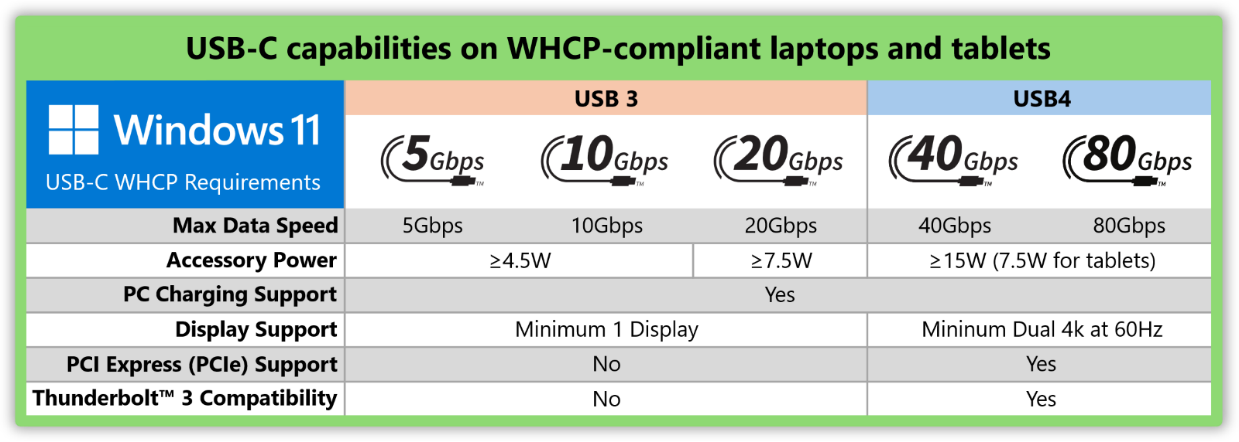
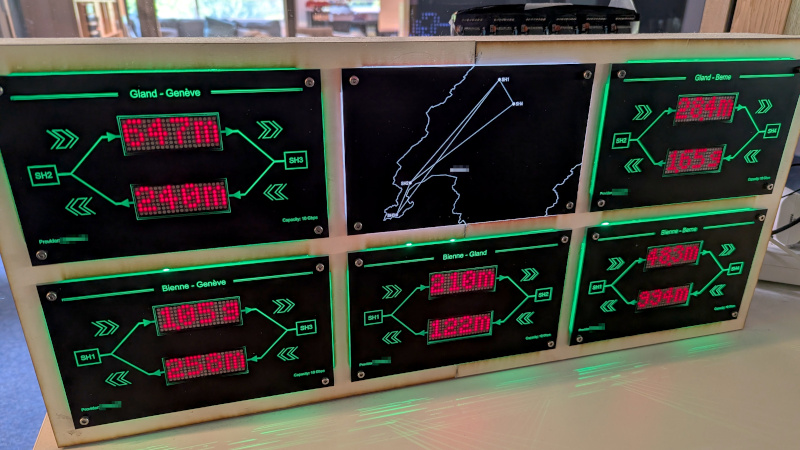
























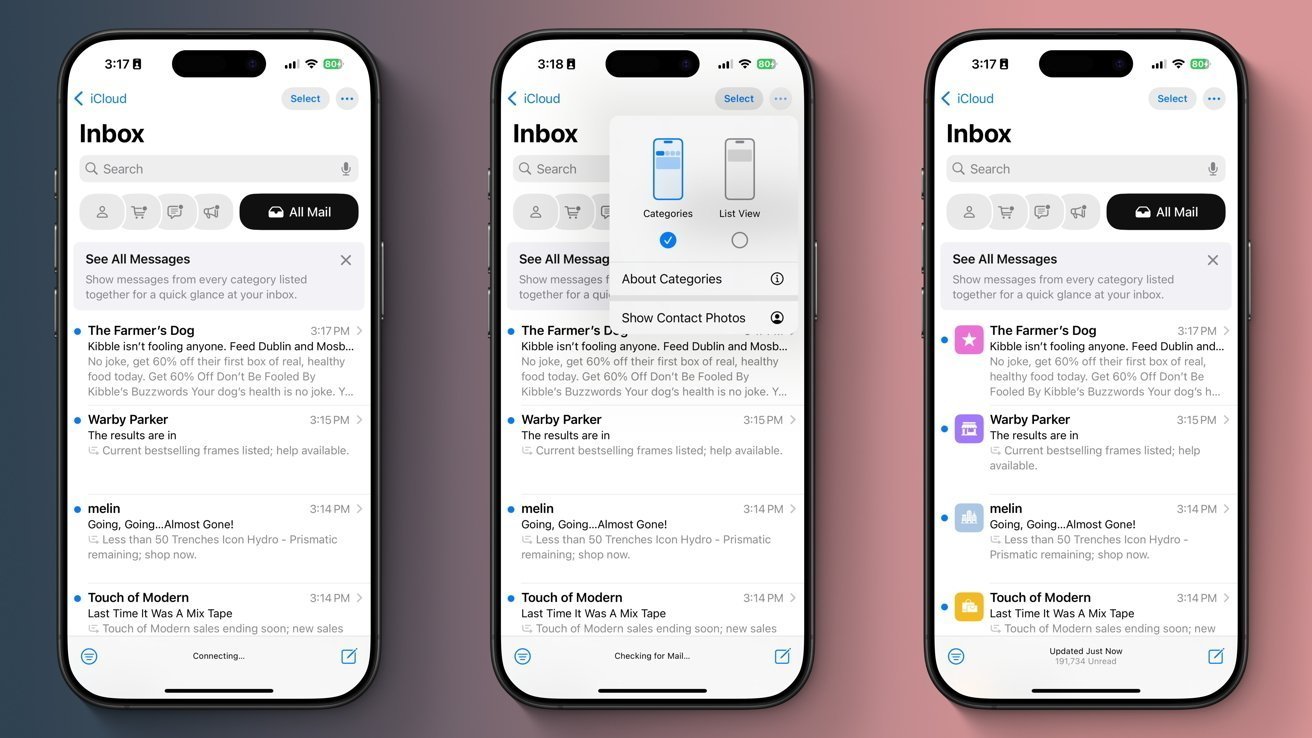
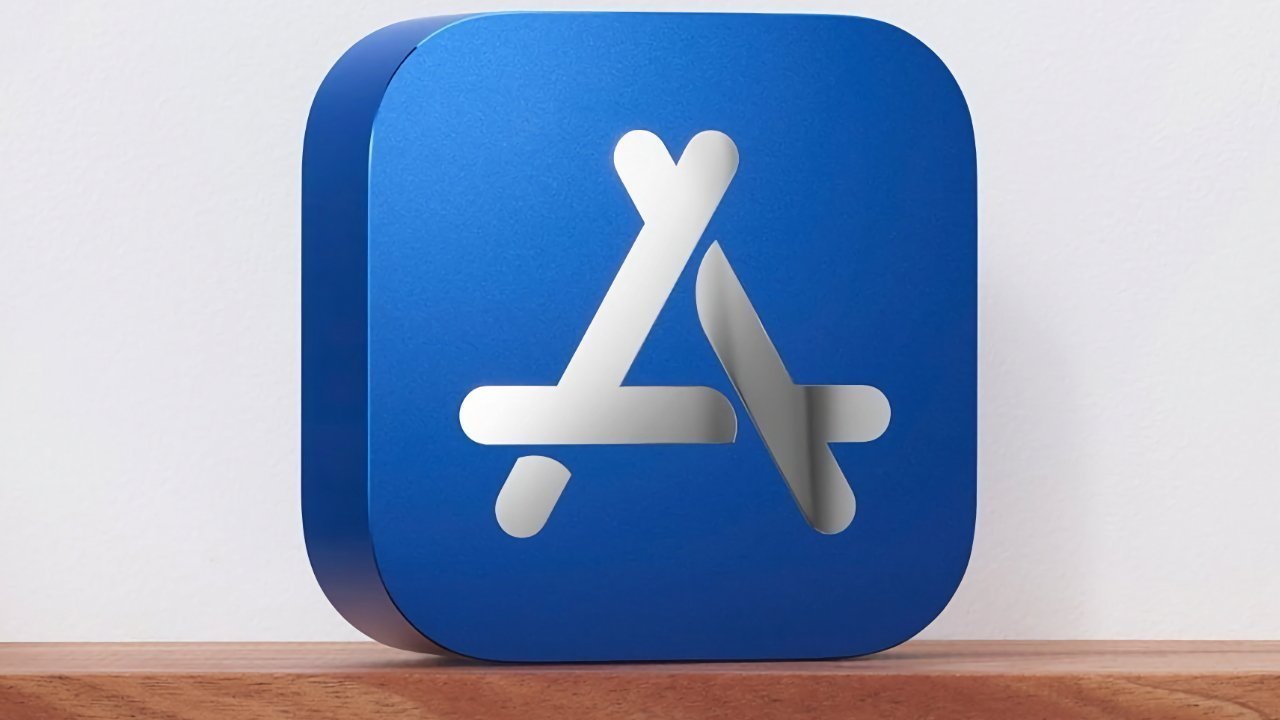



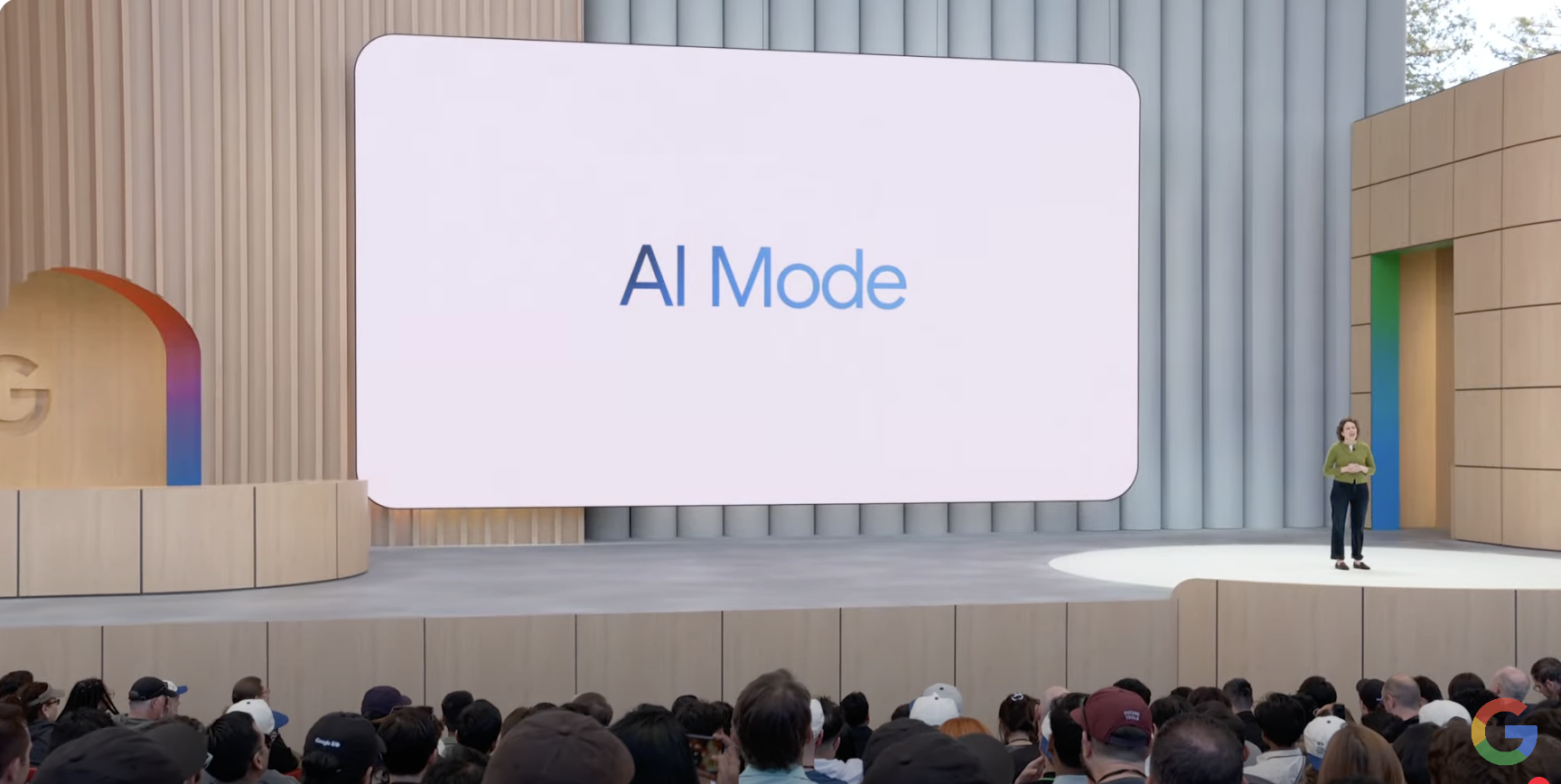



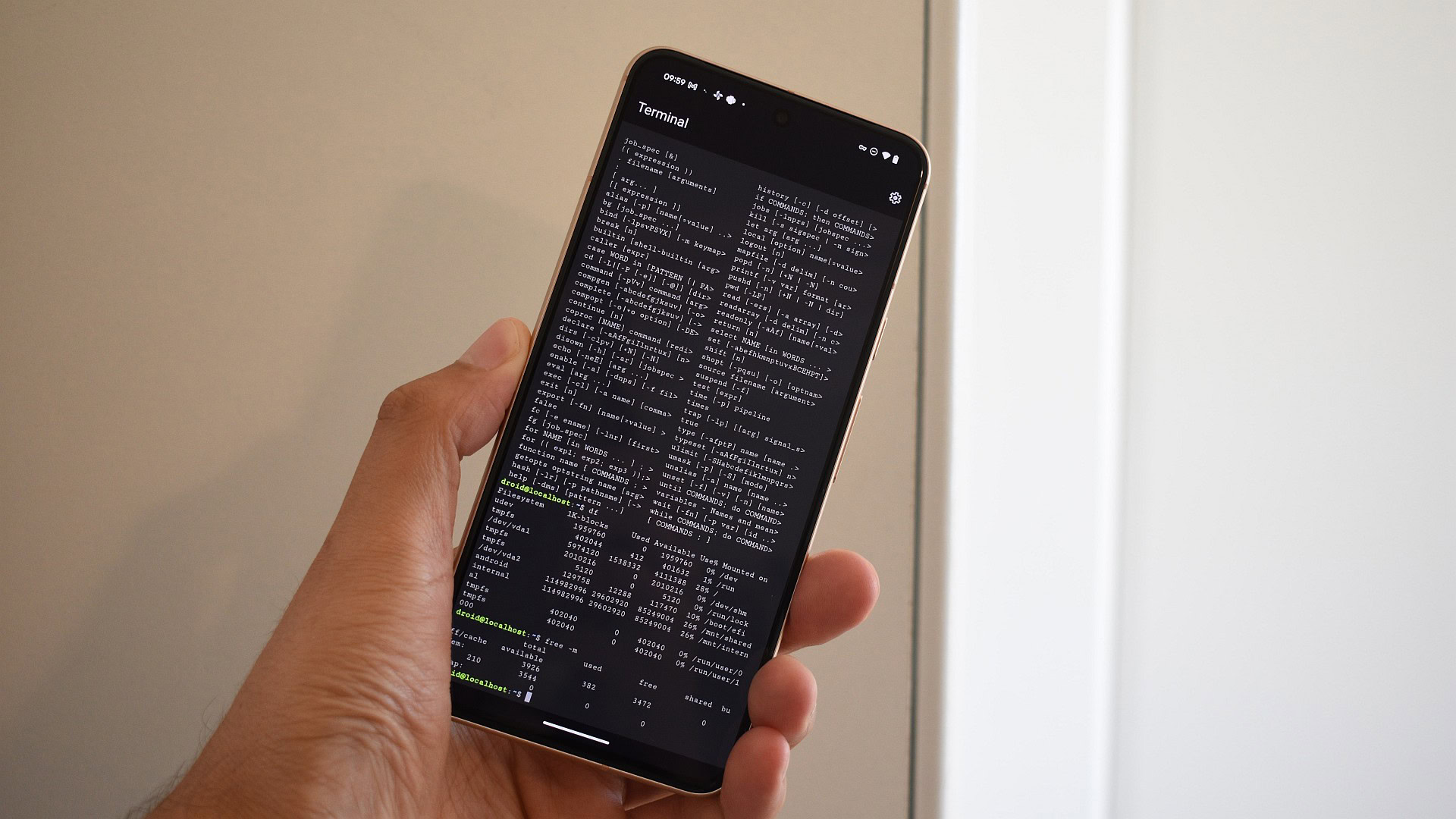



















![UGREEN FineTrack Smart Tracker With Apple Find My Support Drops to $9.99 [50% Off]](https://www.iclarified.com/images/news/97529/97529/97529-640.jpg)

![watchOS 26 May Bring Third-Party Widgets to Control Center [Report]](https://www.iclarified.com/images/news/97520/97520/97520-640.jpg)





















